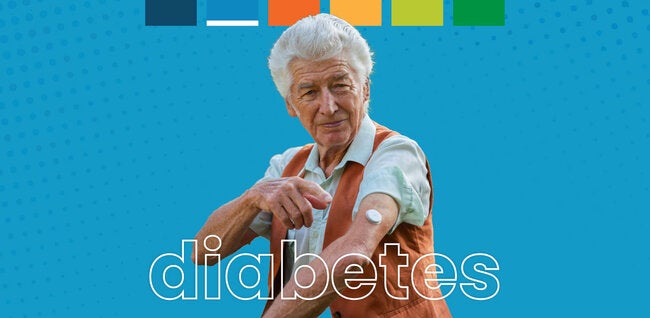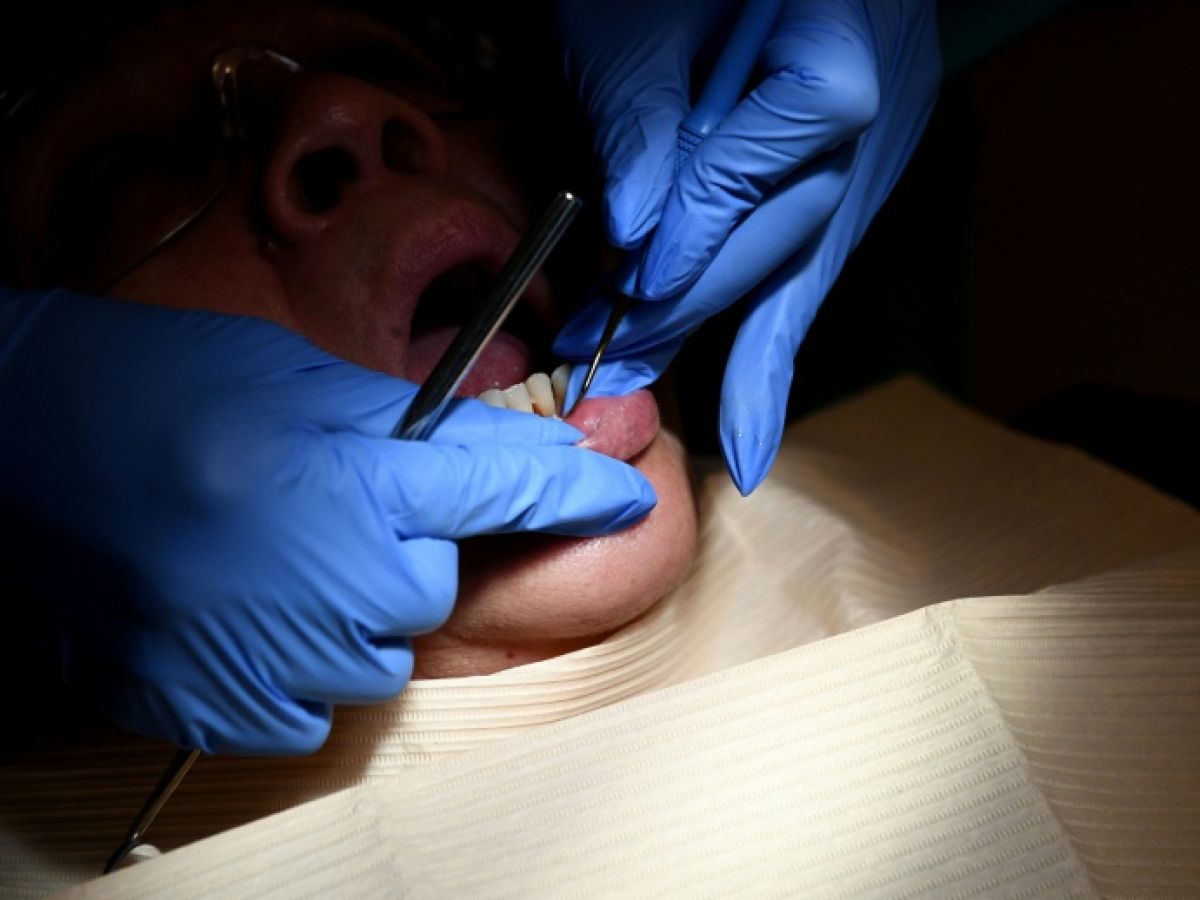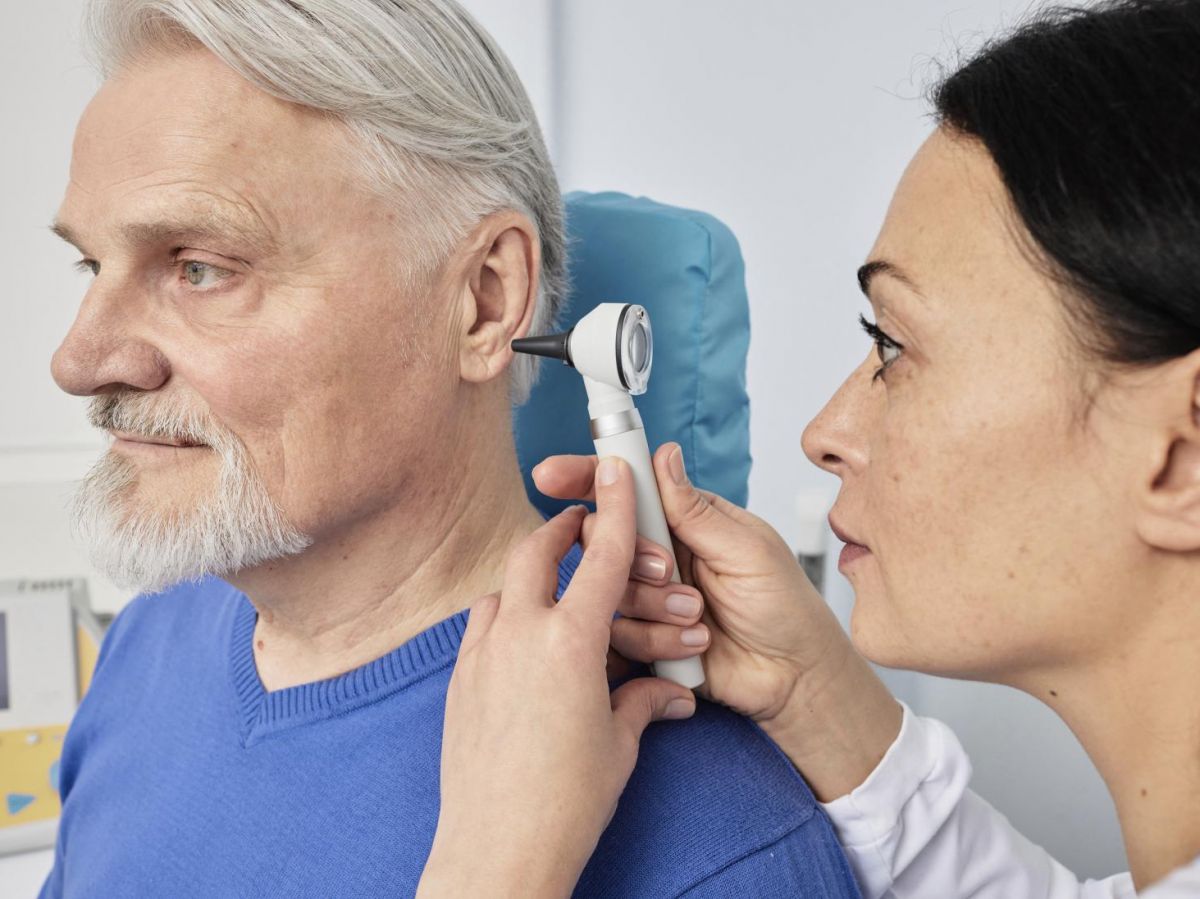
PAHO launches new resources to strengthen diabetes diagnosis, treatment, and control in primary health care
novembre 14, 2025
Washington, D.C., November 13, 2025 (PAHO) – For World Diabetes Day, the Pan American Health Organization (PAHO) today launched the online course Caring for People with Type 2 Diabetes Mellitus in Primary Health Care, a free, self-paced learning tool designed to strengthen the skills and knowledge of primary health care teams. In addition, PAHO presented medicine and health technologies used for diagnosis and management of diabetes that are available through the PAHO Strategic Fund, along with other educational resources to improve self-care. The upcoming publication of a new WHO guideline on the management of gestational diabetes was also announced.
Diabetes continues to pose a growing challenge to public health. In the Americas, 112 million adults (13% of the adult population) live with diabetes, and only 58% of people aged 30 and older receive treatment. Diabetes is also the sixth leading cause of death in the Region, and if left uncontrolled, thousands more will have to live with complications that affect vision, kidneys, and mobility. These figures highlight the urgent need to expand access to primary health care services.
“Strengthening primary health care capacity is essential to improving quality of care and advancing towards more effective and equitable health systems,” said Dr. Carmen Antini, PAHO Advisor on Diabetes Prevention and Control. “This new course will support health personnel in the early diagnosis, appropriate treatment, and control of type 2 diabetes, a condition closely linked to obesity, unhealthy diets, and physical inactivity,” she added.
The training program, available through the PAHO Virtual Campus for Public Health, includes an introductory module and seven thematic units that cover: criteria for diabetes diagnosis, comprehensive assessment, establishment of therapeutic goals, team-based care, pharmacological and non-pharmacological treatment, and the identification and management of acute and chronic complications.
Aimed at primary health care personnel, including doctors, nurses, nutritionists, physiotherapists, social workers, and psychologists, the course can also serve as a complementary learning resource for students in health-related fields.
The course is part of a set of tools developed by PAHO to support countries in addressing diabetes, such as the HEARTS-D technical package and other instruments that help optimize clinical follow-up and promote self-care. The training program is also aligned with the Better Care for Noncommunicable Diseases (NCDs) Initiative, which seeks to strengthen countries’ capacity to integrate NCD management into primary health care.
This initiative contributes to the regional implementation of the WHO Global Diabetes Compact, which aims to reduce diabetes risk and ensure that all people living with the disease have access to equitable, comprehensive, affordable, and quality health services.
Poorly controlled diabetes is one of the leading causes of blindness, kidney failure, heart attacks, stroke, and lower-limb amputation. It also doubles the risk of tuberculosis and increases the likelihood of severe complications during treatment. Although diabetes can be effectively managed through regular testing and treatment, just over half of people with type 2 diabetes receive the care they need, mainly due to limitations in health systems.
PAHO supports countries across the Region through its Revolving Funds, a joint procurement mechanism that facilitates access to essential medicines, vaccines, and public health supplies at affordable prices—including diabetes treatments such as metformin, gliclazide, and insulin—with savings of over 90%. The Funds also facilitate the procurement of blood glucose monitoring devices, which strengthen self-care and disease control, particularly in communities with limited access to health services.
World Diabetes Day is observed each year on November 14. This year’s theme is “Diabetes across life stages” reinforces the global commitment to reduce the risk of diabetes and ensure that all people diagnosed with the disease have access to comprehensive, equitable, and quality care.

